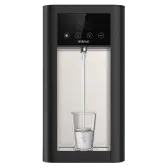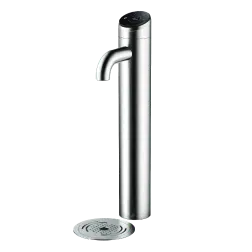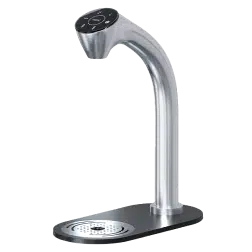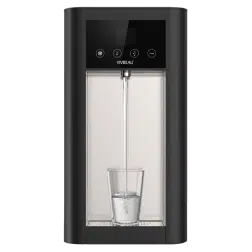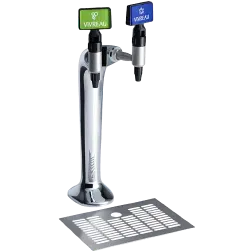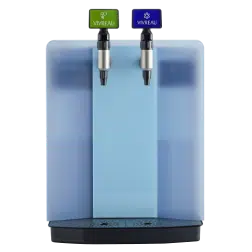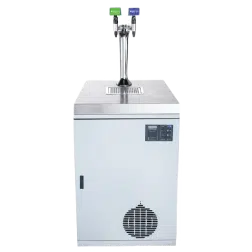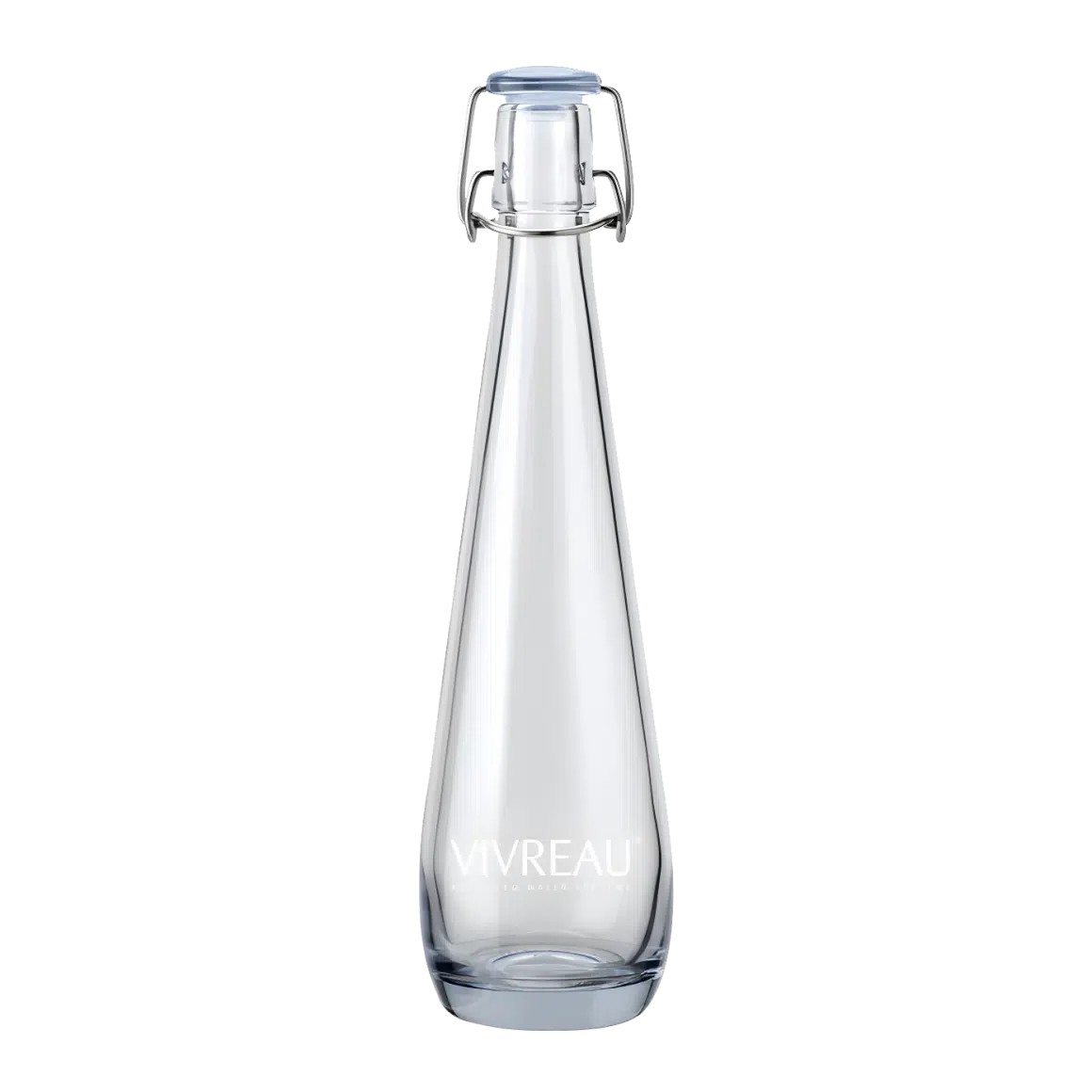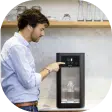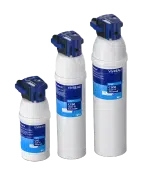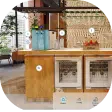Article originally published by Modern Restaurant Management.
Hospitality and food service establishments
accounts for an estimated 15% of the total
water use in commercial and institutional
establishments, amounting to an average of
25,000 gallons per day.
Commercial Water Use and Potential Savings: Appendix E. Pacific Institute, 2013
Water is a precious resource that is becoming more scarce. With 58 percent of consumers prioritizing sustainability when dining out, embracing sustainability within restaurant operations isn’t just a goal, but a strategy to attract and retain customers and boost revenue.
The case for sustainable solutions
Plastic pollution has reached alarming levels. Packaging accounts for 36 percent of all plastic production, this includes single-use items like food and beverage containers, the majority of which find their way into landfills or become unregulated waste. The restaurant industry in the U.S. alone generates more than 11 million tons of plastic waste annually through single-use items such as utensils, cups, and straws. By phasing out single-use plastics with convenient, sustainable alternatives, restaurants can not only reduce their environmental footprint but also see reduced hassle and cost.
Fronting the cost for a water solution provider can be a costly endeavor at the offset but can pay dividends in the long run by reducing ongoing water expenses. This investment not only relieves overall costs but consequently contributes to a positive environmental impact as well. Implementing a water program can allow both staff and guests to feel good about the water product being offered while helping reduce the facility’s carbon footprint and the tens of billions (roughly 60 million a day in the United States) of empty water bottles that are buried in landfills every year.
The impact of sustainable solutions
The Atlantis Casino Resort Spa, including its fine dining restaurants, was able to save one million single-use water bottles per year by switching to a sustainable water solution. By eliminating packaging waste from glass and plastic bottles and, instead, investing in in-house water systems, operators can have more control over their end-to-end dining experience without relying on external deliveries and vendors.
Moreover, bottling their water allows operators to create additional revenue streams, such as charging for table water, enhancing the program’s profitability.

A strong sustainability strategy can also help attract and retain employees. Providing a sustainability initiative, like water stewardship, helps employees, guests, and associates increasingly recognize and appreciate the business’s environmental impact. Employees feel empowered that their employers are committed to actively making a difference in a historically wasteful industry. The significant water savings and environmental benefits achieved by eliminating plastic bottled water from restaurant operations can thus have a lasting impact on both the operator and patron experience.
By 2050, there will be more plastic in the ocean
than all fish and mammals combined
Blueprint for Change: World Economic Forum, 19 Jan. 2016
What restaurants can do to improve sustainability
There are actionable steps restaurant operators can take to decrease water and plastic consumption, like installing water-efficient fixtures, utilizing water-saving appliances, and integrating intelligent water management systems. A daily water truck delivery can be disruptive to the environment, increasing transportation costs and emissions. Sourcing fresh and filtered water directly from the taps reduces this impact by cutting out the middleman.
Working with a trusted water brand to implement reusable water solutions can reduce the cost of a water program by 86 percent, improving the staff and guest experience. A restaurant can exercise its environmental responsibility by replacing traditional bottled water systems with on-site bottling, reusable glass bottles, and taps.
Bottling water on-site into reusable bottles enables businesses to eliminate the need for external logistics, transport, and expenses linked to water deliveries, leading to increased revenue and elevated brand recognition. While engaging with an external water solution service, companies can integrate their own branding into the product, increasing awareness and visibility. Adopting efficient technologies and systems that streamline water dispensing can provide multi-pronged benefits to a restaurant’s operational strategy.
The future of sustainable restaurants
Restaurants are embracing sustainability, eco-friendly practices, and environmental awareness because of social impact and cost-effectiveness. By embracing water stewardship, phasing out single-use plastics, and investing in on-site water solutions, restaurants can play a significant role in combating plastic pollution, conserving water resources, and building a more environmentally friendly and efficient business model for the future.
